Pulling out hair follicles together may occur, but not every time. Hair follicles are the foundation of hair growth, and their depth and removal force determine whether they will be pulled out together. Hair is divided into growth stage, regression stage, and resting stage, and the adhesion strength of hair follicles varies at different stages. If the hair follicle is in the growth stage during hair removal, it may be tightly connected to the nipple and pulled forcefully, which may cause the entire hair follicle to be pulled out, resulting in temporary hair loss. At this point, the hair follicle structure may be disrupted, but the hair follicle stem cells deep in the skin usually survive and the hair will still regenerate. The use of physical extraction methods such as tweezers or beeswax is more likely to result in the simultaneous extraction of hair follicles, especially when repeatedly operating in the same area. In rare cases, hair follicles may experience inflammatory reactions due to external damage, leading to folliculitis or scar induced hair loss. Excessive frequency of hair removal or improper operation may lead to the proliferation of connective tissue around hair follicles, affecting subsequent hair regeneration ability. Although chemical hair removal agents do not directly remove hair follicles, high concentrations of ingredients may penetrate deep into the hair follicles, causing chemical damage.
It is recommended to control the frequency of hair removal and apply heat to soften hair follicles before operation to reduce the risk of damage. After plucking hair, apply cold compress promptly to calm the skin and avoid scratching and irritation. If there are abnormal reactions such as redness, swelling, and pain, the hair removal should be stopped and medical treatment should be sought. Long term methods such as laser hair removal can be used in daily life to reduce the mechanical stimulation of hair follicles caused by repeated hair removal, while paying attention to keeping the skin clean and moisturized.

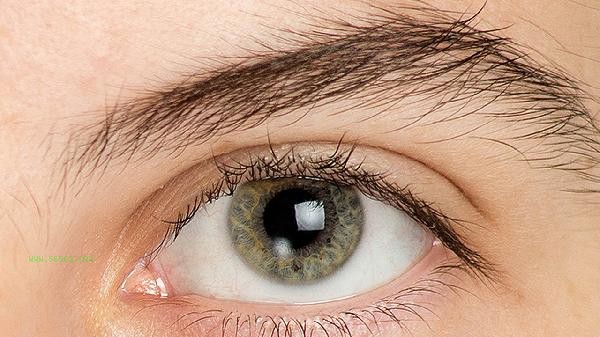
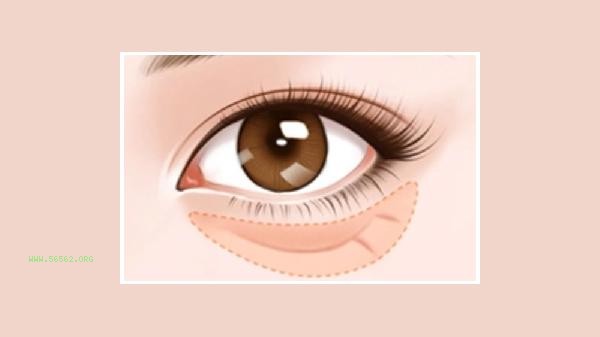
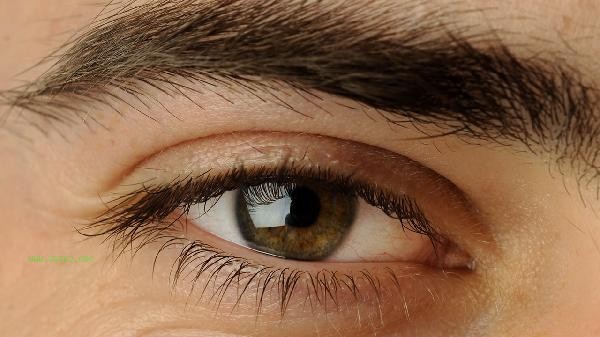
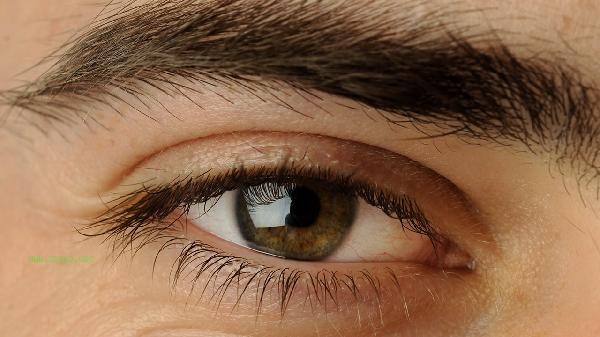
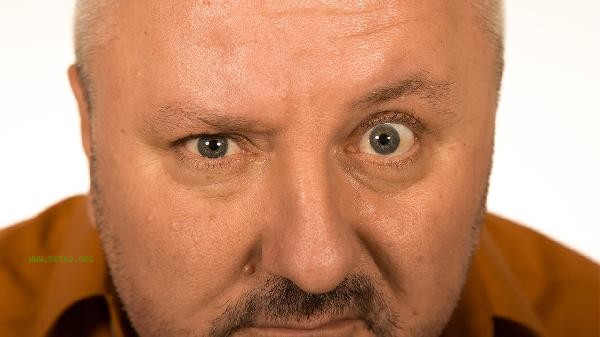



Comments (0)
Leave a Comment
No comments yet
Be the first to share your thoughts!